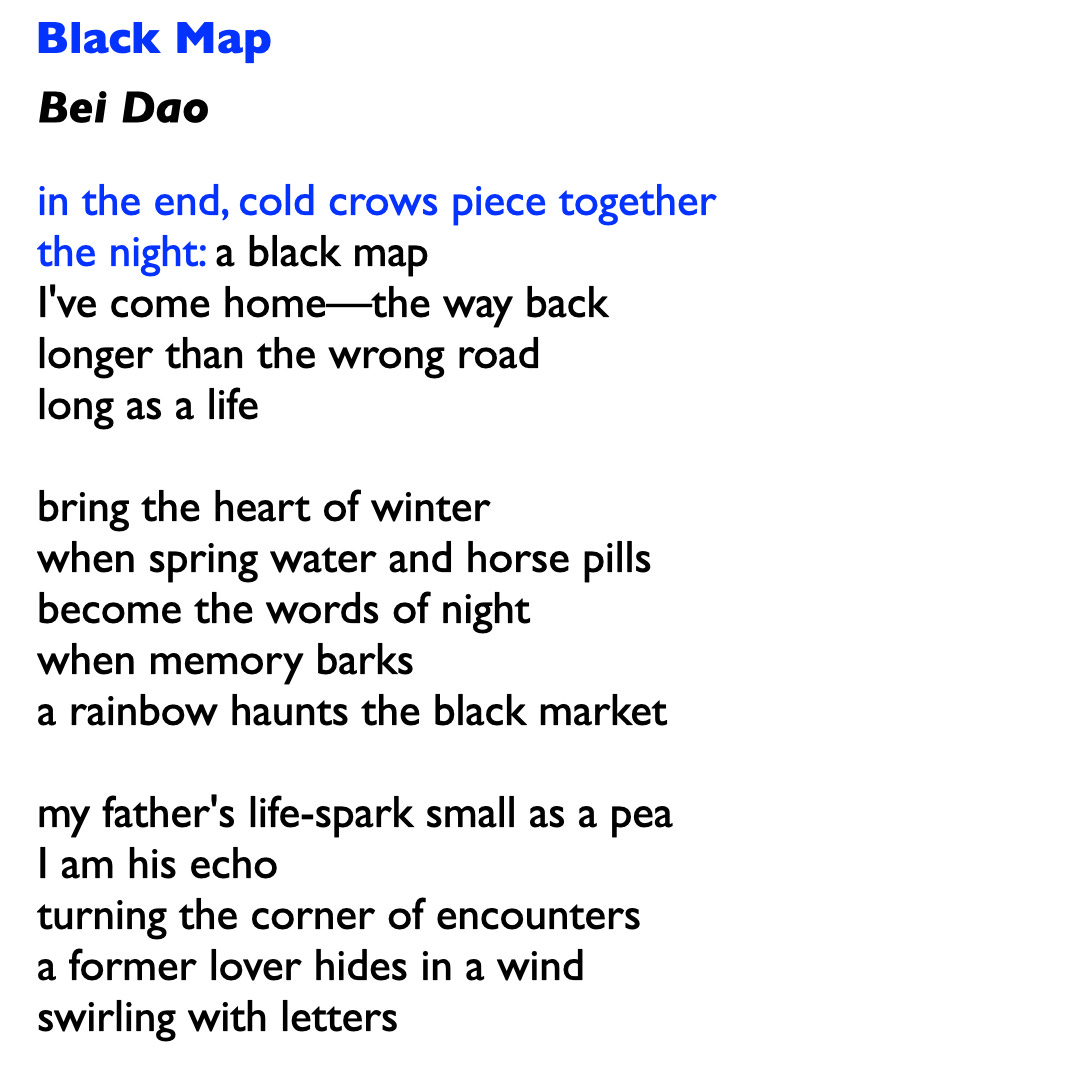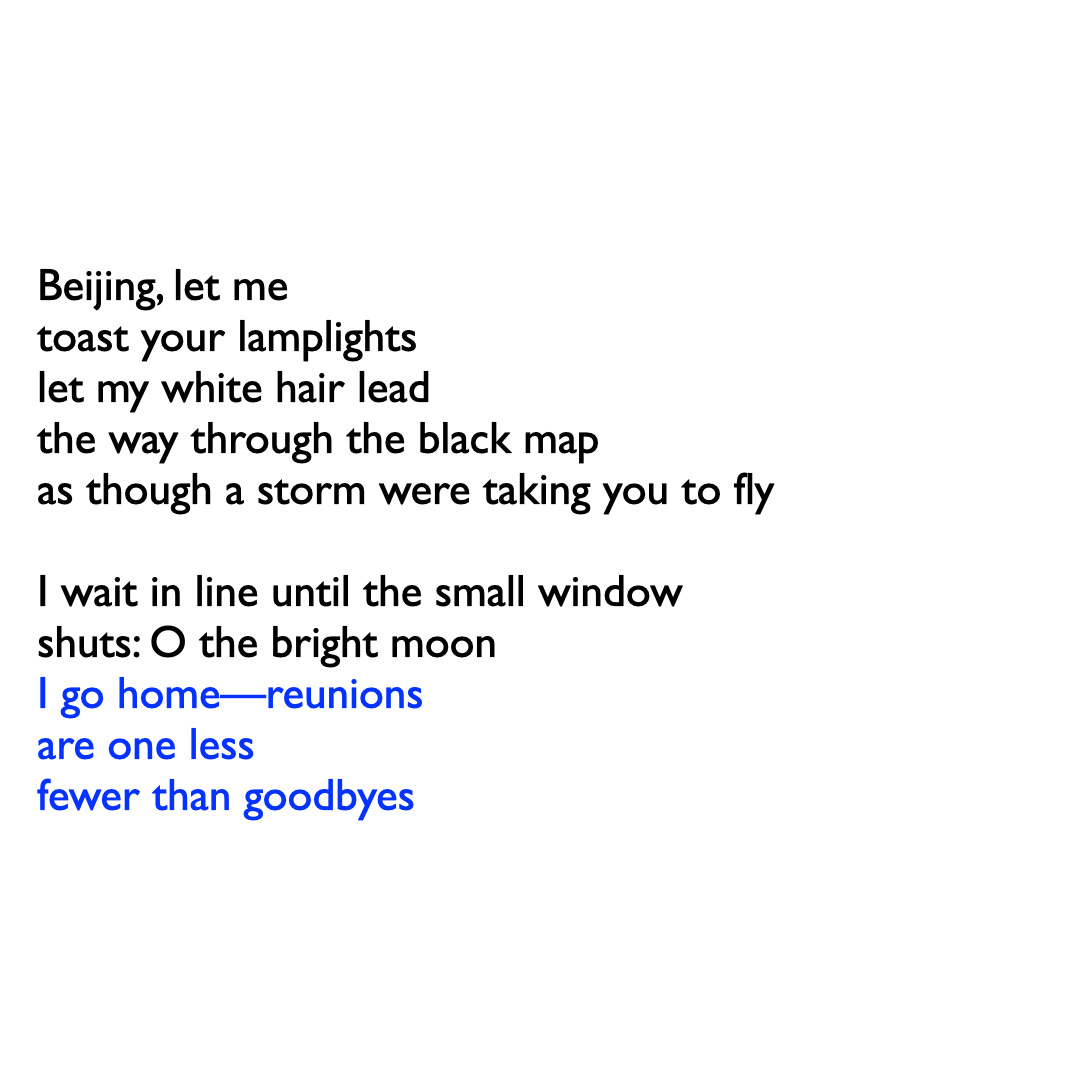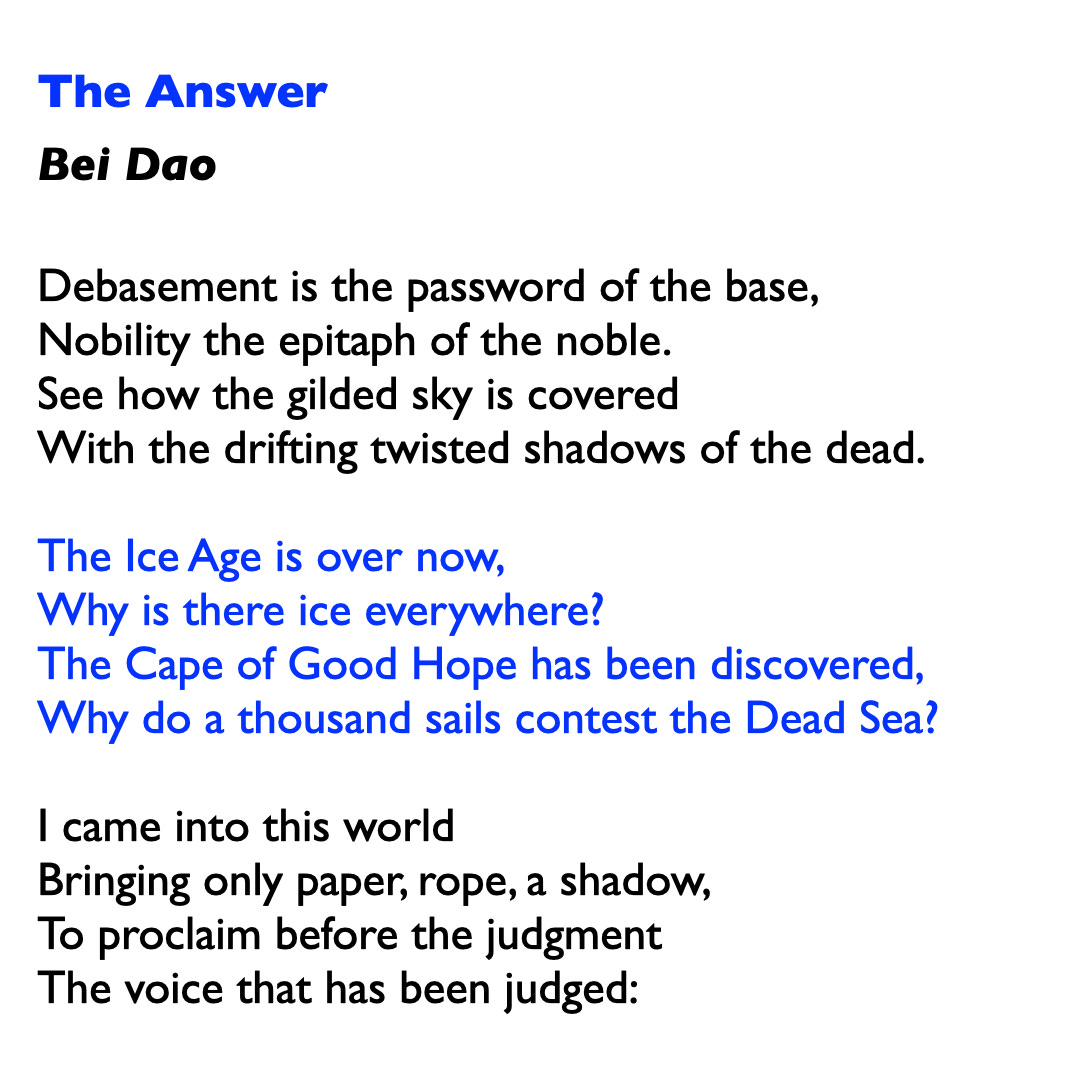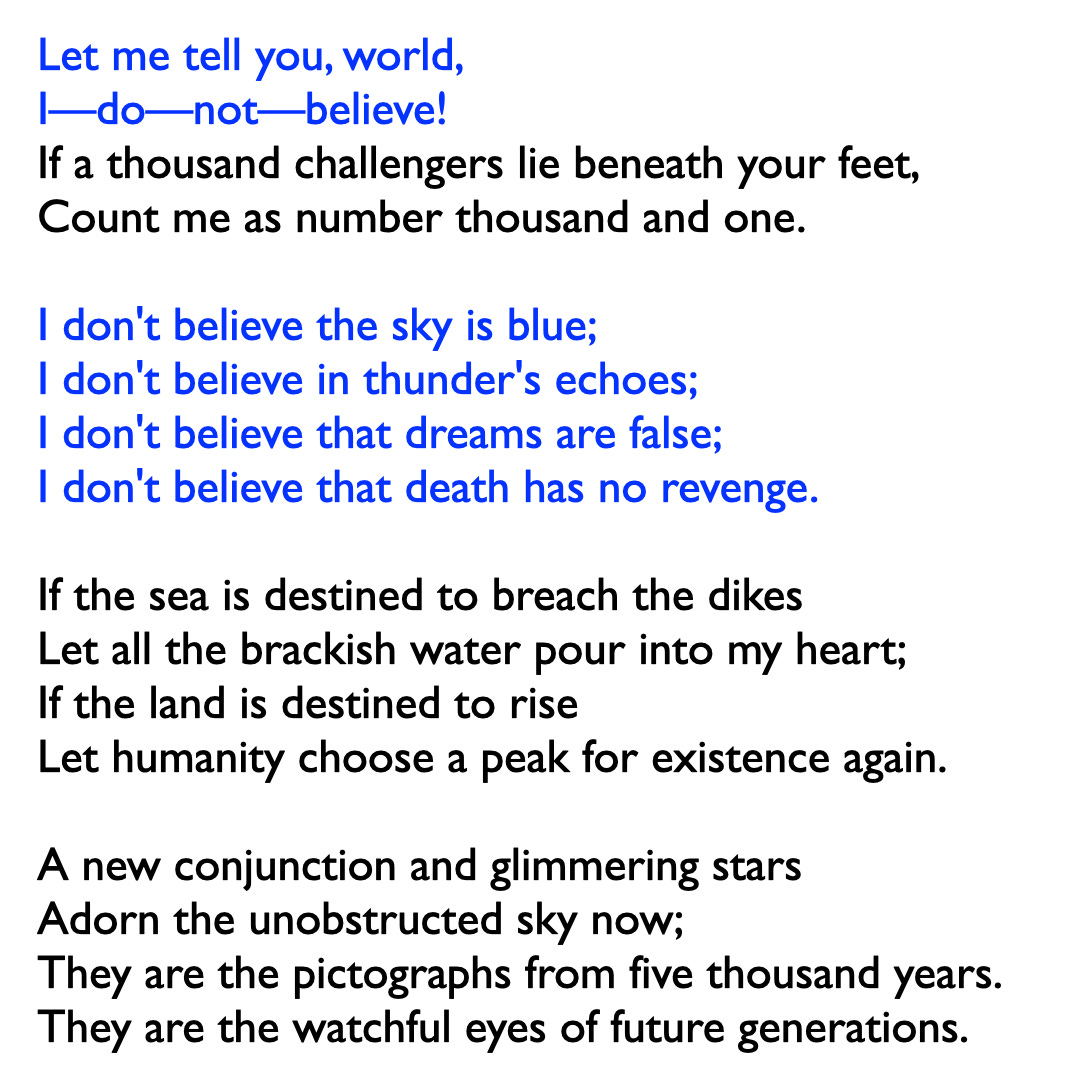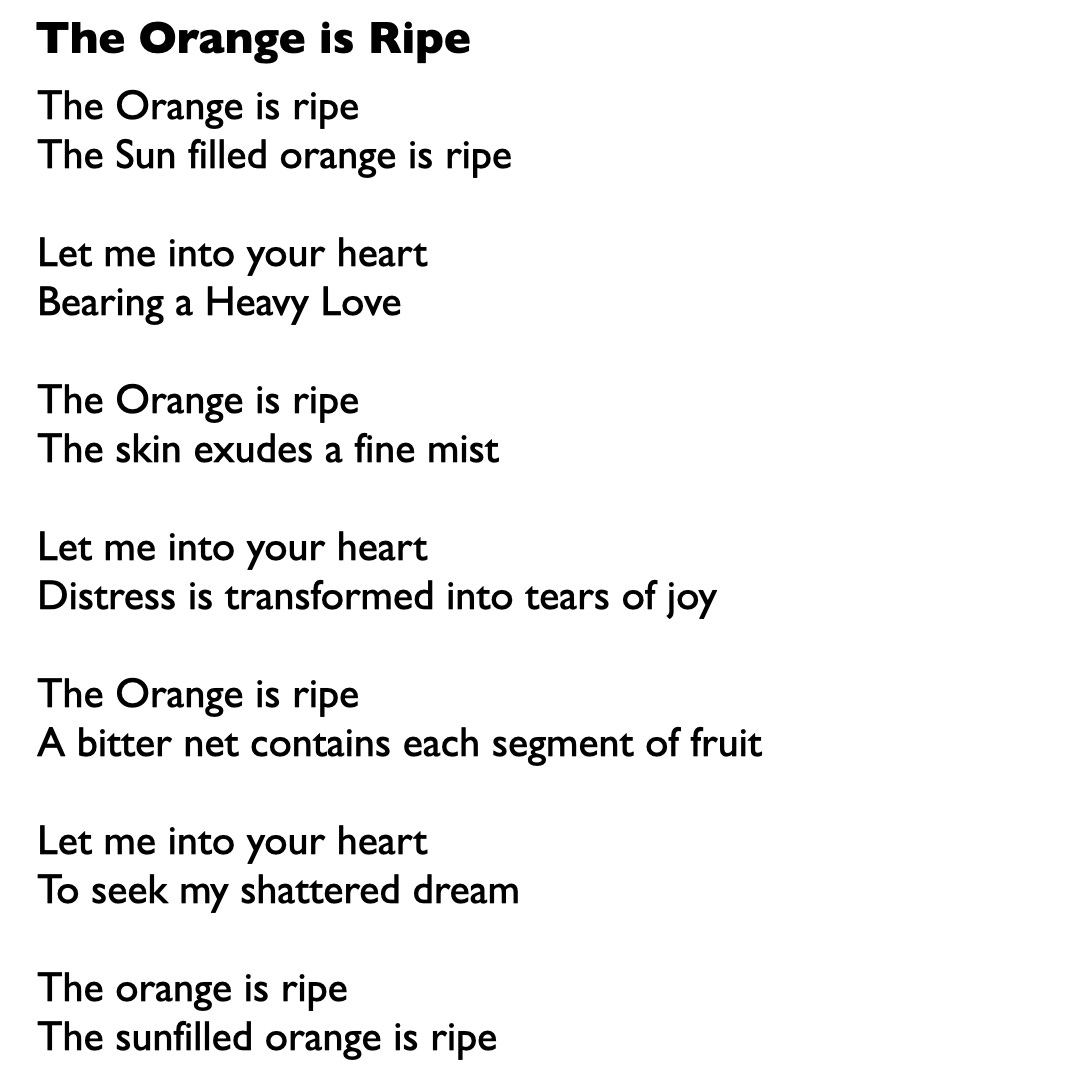The death of the young journalist, Akhlad Khan, at the age of 28, whose work spoke out against the persecution of Muslims, comes amid a tumultuous time. As news of multiple instances of violence continue to stream in across the country, in the grand theatre of Hindutva, the carnival has shed its trappings, and revealed itself as riot. That fear courses through the everyday is a hallmark of this age. For many, it remains as a constant thrum under the surface of ordinary life- we do not know what unassuming page, opened in innocence, will reveal blood. I see my friends writing of the fatigue that this constant albatross brings. But even commentary suggests distance, and even the prolonged trauma of being consistently exposed to ideological violence, once removed, is a privilege. Often, the first step, is identifying this pain, finding the right words, and poetry, like journalism, sometimes can be charged with the responsibility of telling the story with integrity. I speak, here, not of the realism of events, but the infallible force of felt discontent, whose careful assessment of injustice breeds hope.
It is against this current national backdrop that I share with you the writings of a poet whose pen, immortal in its defiance, and cynical in its sway, has given voice to the discontent of a people in pain. Even in exile, the oeuvre of the Chinese poet Bei Dao, who forged his verses in the firm resolve of determined opacity, resounds with the dreams and anger of a generation of people disillusioned by the many failures of the great Maoist cultural revolution and its attendant violence.
His poetry courted mysterious paths of meaning making, over the brash symbolism and metaphorical excess that marked the state-endorsed art of the fascist-communists. Alex Colville refers to the “Misty” poets, and this particular strand of revolutionary zeal, in his contextualisation of Bei Dao’s oeuvre, poetic style, and the real cultural revolution, of which he was one of the founding ideologues:
His poems took a sledgehammer to the poetry of the past 30 years. Verses from the Mao era shouted about the glories of the Chairman, Communism, and the revolution. Like all other artforms, verse was meant to be a tool, a way to yell your slogans to the people. Writing about private emotions was indulging in capitalist individualism, in a society where even love letters were signed “I salute you with revolutionary zeal.” To eradicate dissent, the state harnessed the tools of literary language, like symbolism and allusion. The sun or the color red were unmistakable political symbols: saying that you liked blue was tantamount to saying you disliked the Party.
Today rejected this “‘cultural dictatorship.” Its writers dared to wrestle poetry out of the state’s grip, aiming to explore “the meaning of individual existence” and “deepen people’s understanding of the spirit of freedom.” They wrote about their feelings in verses of heightened complexity with more ambiguous meanings. Irate traditionalists mocked the poetry as vague, confused, “misty.” But in this new China, many readers were overjoyed to reclaim the privacy that comes with inscrutability. A more obscure message was exactly what they wanted, so the name stuck.
The experience of reading Dao’s poetry is transformational. I believe that its full force, however, is evident once we understand some of these political underpinnings, as well as the personal journey of the artist. In attempting to capture this journey, I quote from the Preface of Bei Dao’s City Gate, Open Up, a memoir.
“It was during my return that the impulse to write this book ignited: I would use the written word to rebuild another city, rebuild my Beijing; I would use my Beijing to refute the Beijing of today. In my city, time flows backward, spring revives dead trees, vanished smells waft back with sounds and beams of light, demolished temples are restored with courtyard residences, along hutong streets, tiled roof rows rise in waves toward a low, low horizon line, pigeon-tail whistles echo through the deep blue sky, children appreciate the seasons’ transformations, residents are sustained by an inner compass. Welcoming the drifting travelers of the four seas, welcoming the homeless solitary souls, welcoming all inquisitive guests, I open my city gate.”
Dao wasn’t always a writer. He worked for years as a construction worker, and took part in political activities in his youth. But it is his time spent as a labourer that brought home to him, the trauma of his people. His belief in the power of the pen is fascinating to me, as well as the flower of a new language, that is born amidst a waste of formal syntax, in a nation starved of the means to speak about its own pain. He tells the story of not being able to recognise his own city when he returned to it, to read poetry, during his father’s illness (in one of the rare occasions when the Chinese government ‘allowed’ such an event).
His celebrated poem ‘The Answer’ written after the violent suppression at the Tiananmen Square in 1979, embodies a fierceness that is redolent with the anger of those who have been forced to servility. Even today such suppression is rampant in the Chinese Republic, as has been seen in the recent videos where the government has used Corona Virus as an excuse to further clamp down on its citizens. His warcry of “I-do-not-believe” is more than rhetoric, it is a plea for imagination, the very thing that political forces seek to trammel. It is this fierce belief that students sought to tap into as they shared Dao’s poems in the agitation, again in Tiananmen Square, in 1989, and that led to the banishment of the poet.
What a potency there is in Dao’s vision of an enervated populace, that rises above its master’s tyrannical designs. How simply the individual is conflated in the universality of the dream’s open eye. Dao has been associated with the movement for democracy, and there is a constant thread of equality and the seeking out of newer frontiers in his work. As a pulse of the human impulse to better its condition, his creative imagination draws on nature, both as metaphor and as setting. A poem that I particularly love in its use of the subversive power of metaphor is ‘The Orange is Ripe’.
What is the poet talking about here? Is it freedom? Is it home? Is he giving voice to the feeling of exile? This poem was written in 1979, and one sees in it that same dream of The Answer. How the poet dredges up hope in times of distress. The repetition of that exquisite metaphor in different registers coneys a schizoid relationship between the elemental - the free - and the ‘net’. A thing that is beautiful and sumptuous is layered with ‘mist’. Even thought it is ripe, it holds in its heart, a shattered dream, and the poet is skewered in this elusiveness of something that is so close, and yet so distant. The poem ‘The Boundary’ again speaks to this distance with the simple yearning of a figure stuck in a liminal space.
The last Dao poem I share today is a visual delight. From ‘a conductor tattooing darkness’ to a ‘lion’ hurried ‘into the cage of music’, to the final flourish which closes ‘death’s door’, the poet offsets the imagined joy of the title. Through a bringing together of fragments, the poet paints a misty picture of despair, but also, a closing of ranks, of the self, perhaps?
Dher Saara Pyar :)
If the poetry, and the commentary, resonate with you, do consider ‘buying me a coffee’.
(Matlab, if you can’t, that’s also fine, obviously. This will always be a free newsletter)
—
Note: Those, not in India, who’d like to support the work I do at Poetly, do write to me - poetly@pm.me. (Apologies, I will figure out international payments soon)
If you wanna share this post with a loved one…
Thanks for reading Poetly! Do subscribe if you are not reading this in your inbox. Cheers!



